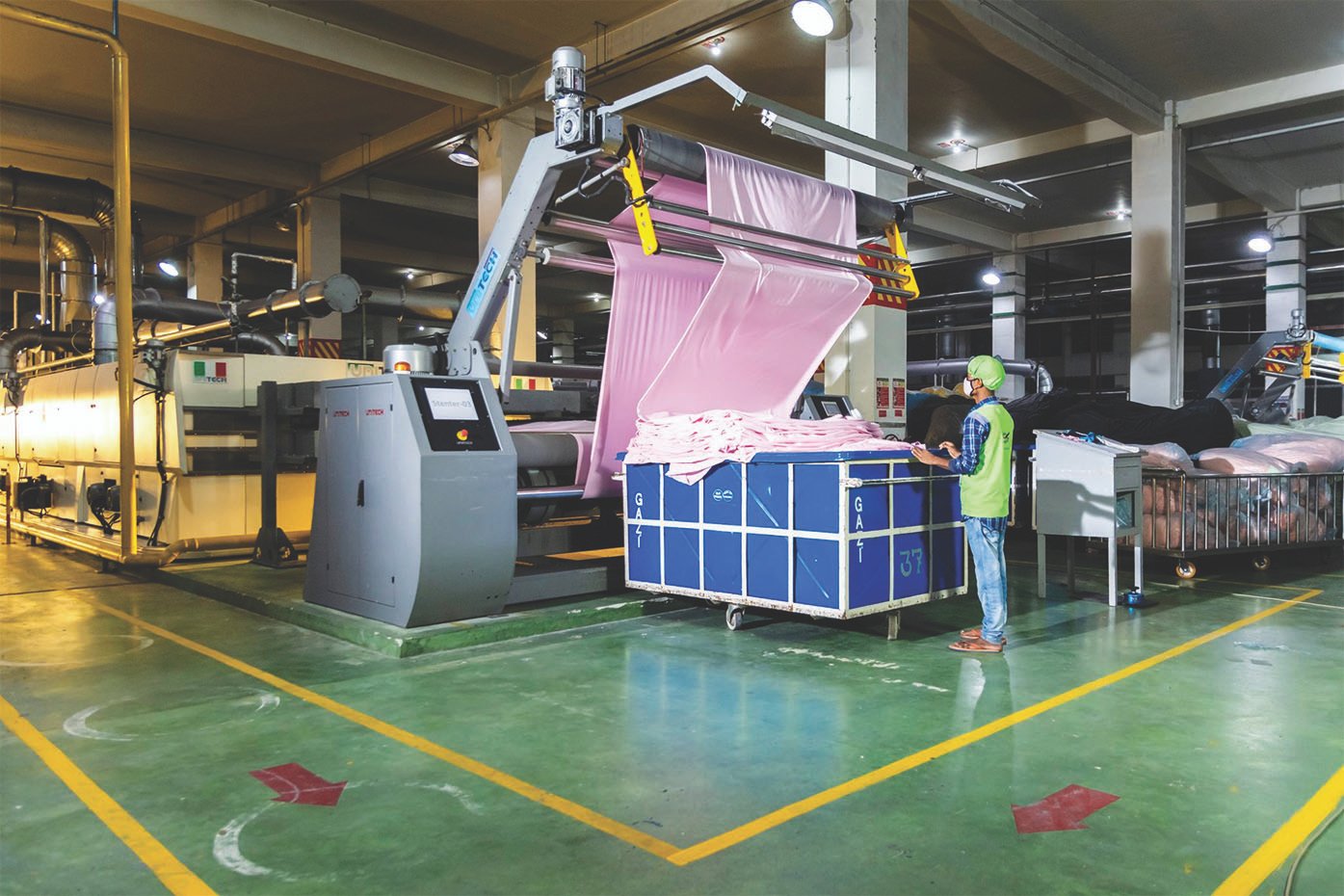
Bangladesh’s textile industry, the backbone of the country’s $45 billion garment export sector, is reeling from an acute energy crisis. At a press conference held on 25 May, leaders of the Bangladesh Textile Mills Association (BTMA) and other top business groups painted a bleak picture: textile mills are now running at only 40%–50% capacity, factory closures are spreading, and the ability to pay wages and bonuses before Eid-ul-Azha is at serious risk.
“If I talk about our industry, I will return to 1971,” said Showkat Aziz Russell, president of the BTMA and chairman of Amber Group. “The way intellectuals were killed in 1971 – that was a great loss to the country. Now, in 2025, industrial entrepreneurs and industries are being killed in the same way.”
Russell’s statement, though emotive, captured the desperation felt across the manufacturing sector. His comment was later strongly denounced by the chief adviser’s office as “deeply disrespectful” and “historically inaccurate.” Still, the crisis itself remains undeniable.
The BTMA and other business leaders say the government has failed to deliver on its 14 May commitment to supply an additional 250 mmcfd (million cubic feet per day) of gas to the industrial sector. Many factories, especially those reliant on captive power generation, report dwindling gas pressure, frequently dropping as low as 1–2 psi — far below operational requirements.

“We are paying gas bills. We are servicing bank loans. But factories are being shut down,” Russell said. “This feels like a conspiracy against the very industry that has built this economy.”
Eid Bonus Uncertainty, Shipment Delays
The fallout is growing in both scale and urgency. Apparel exporters are increasingly unable to meet global shipment deadlines, which threatens Bangladesh’s standing in international markets. Industry leaders also warned that, unless gas supplies improve immediately, factories may not be able to pay workers their Eid bonuses — raising fears of unrest.
“We don’t know how we will pay salaries,” Russell added. “This is pushing us to the brink.”
Gas supply from Titas Gas Transmission and Distribution Company alone has fallen by 100 mmcfd, according to BTMA data. The Energy Division says the industrial sector currently receives only 994 mmcfd, despite requiring 1,306 mmcfd. Business leaders, however, argue the actual need is even higher — and growing.
Nationwide Concern, Not Sectoral
“This is no longer a sectoral issue — it’s a national crisis,” said BTMA Director Razeeb Haider. “The cost of inaction won’t just be missed exports, but rising unemployment, lost investor confidence, and mounting macroeconomic pressure.”
Adding to the burden are soaring bank interest rates, which many industrialists say are punishing legitimate businesses while benefiting those who misused the banking system.
“Why are interest rates so high?” Russell asked. “Because we are paying for the looters — those who plundered the banks.”
Anwar-ul Alam Chowdhury Parvez, president of the Bangladesh Chamber of Industries (BCI), said there are now daily layoffs across factories. “If energy shortages continue, this could spiral into unrest. We’re warning the government — act now or risk widespread economic and social disruption.”
Parvez also criticized the government’s decision to declare a 10-day public holiday around Eid. “How can a struggling economy afford such an extended break? We can’t afford to lose even a single production day,” he said.
Unmet Promises, Rising Frustration
Business leaders say the government has repeatedly failed to deliver on its promises. Despite earlier commitments, an additional 150 mmcfd promised for industrial hubs such as Savar, Ashulia, and Gazipur never arrived. They are now demanding urgent gas reallocation and rational distribution across all industrial zones.
“There’s no shortage of meetings or promises — only a shortage of gas and electricity,” Parvez said.
Meanwhile, Petrobangla released a statement on 26 May claiming that gas supply to industries had increased by 21% during January–April 2025 compared to the same period in 2024. According to the statement, industrial gas supply rose from 823 mmcfd to 997 mmcfd this year.
The agency also noted plans to import six additional LNG cargos in 2025 and to supply an extra 150 mmcfd to the national grid from 28 May. However, business leaders remain skeptical, pointing to similar pledges that went unfulfilled.
“The reality on the ground contradicts the press releases,” said BTMA Vice President Saleudh Zaman Khan. “We cannot run factories on announcements.”
Warnings of Long-Term Damage
Former BTTLMEA chairman M Shahadat Hossain Sohel blamed a “vested quarter” for manipulating gas supply in favor of selected areas. FBCCI representative Md Zakir Hossain Nayon said the industry is “bleeding daily” and called for gas exploration and deployment of Small Modular Reactor (SMR) technology to address future demand. “If this crisis isn’t resolved by June, many factories may shut down permanently after Eid,” warned Khan.
The message from business leaders was clear: Bangladesh’s industrial base is at risk — and with it, the livelihoods of millions. Unless urgent, transparent, and equitable solutions are implemented, the economic damage could be far-reaching.
Download Special Report As PDF/userfiles/EP_22_24_Special Report.pdf



